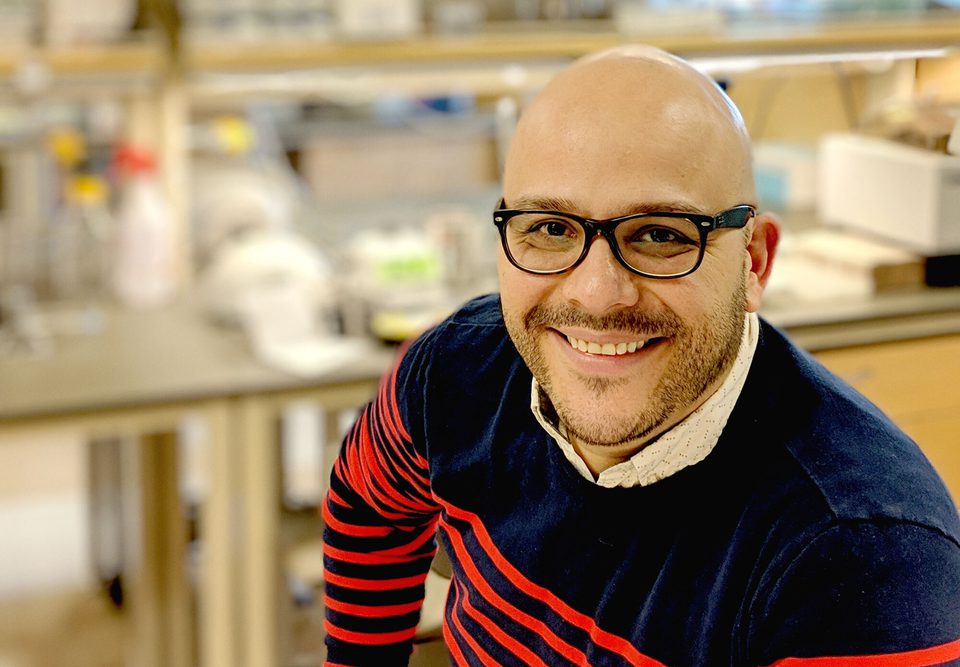Could COVID-19 Impact Male Fertility? MWRI Researcher is Investigating

As scientists continue to work toward a deeper understanding of COVID-19, an investigator from Magee-Womens Research Institute is focusing on a question that could have a long-term impact on survivors: how does the coronavirus affect male fertility?
Dr. Miguel Brieño-Enríquez, who specializes in infertility research for both men and women, was inspired to pursue the project after reading a paper that found inflammation in the testes and affliction of sperm-producing cells in men with the SARS virus. Reasoning that COVID-19 might produce a similar effect, he decided to investigate. During the first days of the pandemic, he started searching for partners around the world to locate testes samples from COVID-19 patients. He finally found a group in Oklahoma that agreed to share its samples. Eventually, he established similar partnerships in Miami as well as Spain and Brazil.
The initial observations, which were supported by a grant from Ferring Pharmaceuticals, revealed that the virus is inducing DNA damage and cellular death in different germ cell populations. Dr. Brieño-Enríquez and his group are now working to expand their research, which to date had been based on cadavers, into men who have survived COVID-19 to determine what the long-term impact to their fertility might be. They are seeking funding for the expansion.
Other viruses – mumps, for example – are associated with a higher risk of male infertility.
“In the future we want to analyze if this acute effect will impact the long-term fertility,” says Dr. Brieño-Enríquez. “But baby steps: The first thing is to show that something is happening there … this will be the first stone in the foundation.”
Be the First to Know
Get the latest research, news, events, and more delivered to your inbox.